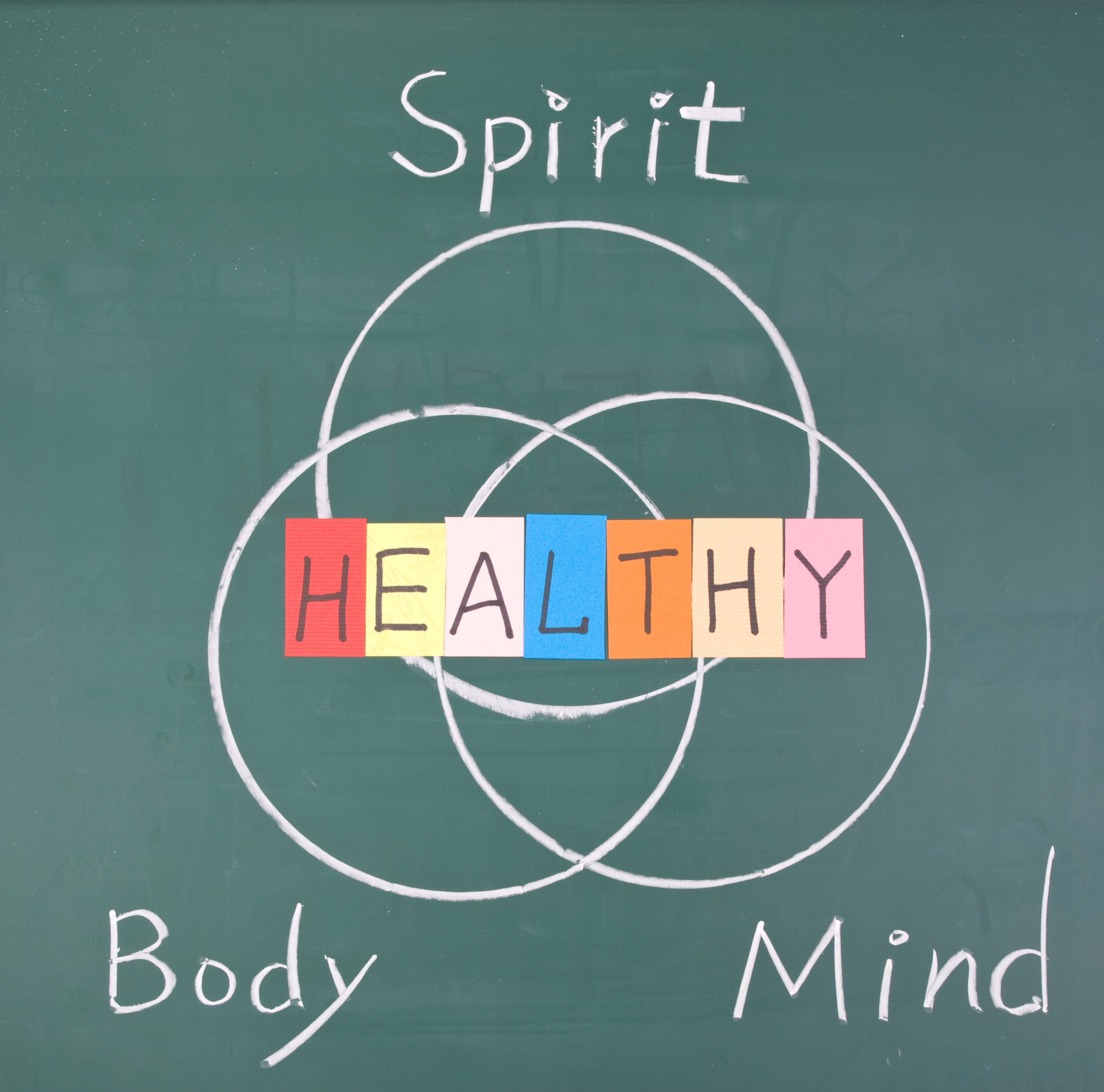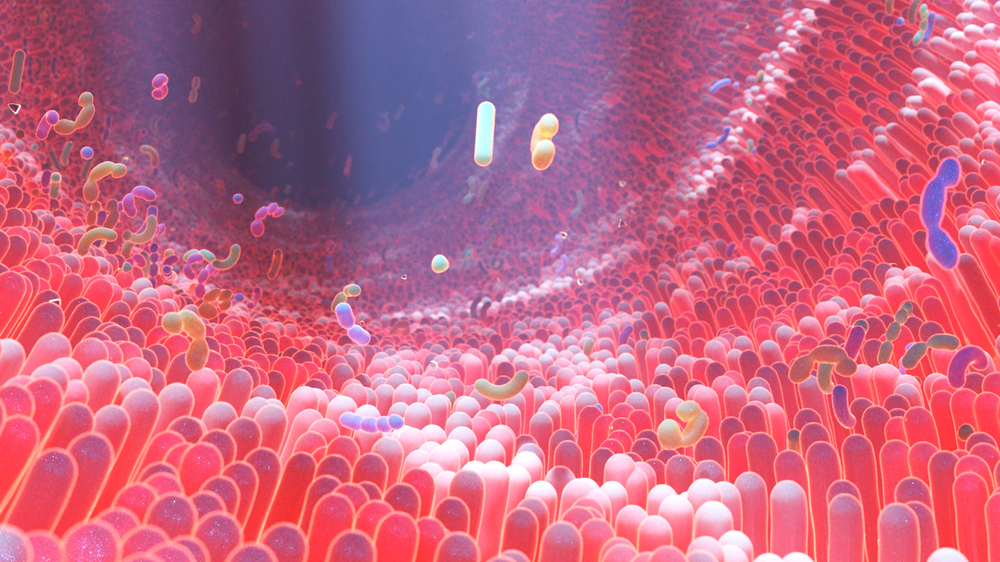
Specific gut bacteria linked with Depression
February 8th, 2019New research suggests a significant link between the gut, its bacterial population and mental health. For the first time, scientists have explored this connection in humans and have identified the potential reasons for this.
There are two types of faecal bacteria commonly seen depleted in people who have been diagnosed with depression; these are Coprococcus and Dialister. Many bacteria have effects on the nervous system, so if this is confirmed with further investigation, the results could lead to a deeper understanding of the gut-brain link and could even open new avenues for treatment of mental illness.
The Study – The Flemish Gut Flora Project
The Flemish Gut Flora Project was a study of 1,054 people who had been diagnosed with depression. Scientists analysed the levels of bacteria in faecal microbiome data.
During the analysis, the research team presented that the two types of bacteria; Coprococcus and Dialister were absent from the guts of people diagnosed with depression. This remained the case in those who take antidepressant medication.
The scientists confirmed the findings in another study where 1,063 people enrolled in LifeLinesDEEP, which collected data on the gut microbiota, the same group of individuals were treated for clinical depression at the University Hospitals Leuven.
The studies co-author Prof. Jeroen Raes states, “The notion that microbial metabolites can interact with our brain- and thus behaviours and feelings is intriguing, but gut microbiome-brain communication has mostly been explored in animal models, with human research lagging behind.”
In the future, Prof. Reas and his research team aim to confirm these results through further experiments. They are already preparing to analyse upcoming samples collected via the Flemish Gut Flora Project.
Further Reading:
- Flemish Gut Flora Project: http://www.vib.be/en/research/Pages/The%20Flemisch%20Gut%20Flora%20project.aspx
- LifeLines: https://www.lifelines-biobank.com/researchers/working-with-us
- A gut feeling for mental health: https://www.eurekalert.org/pub_releases/2019-02/vfi-agf013119.php






